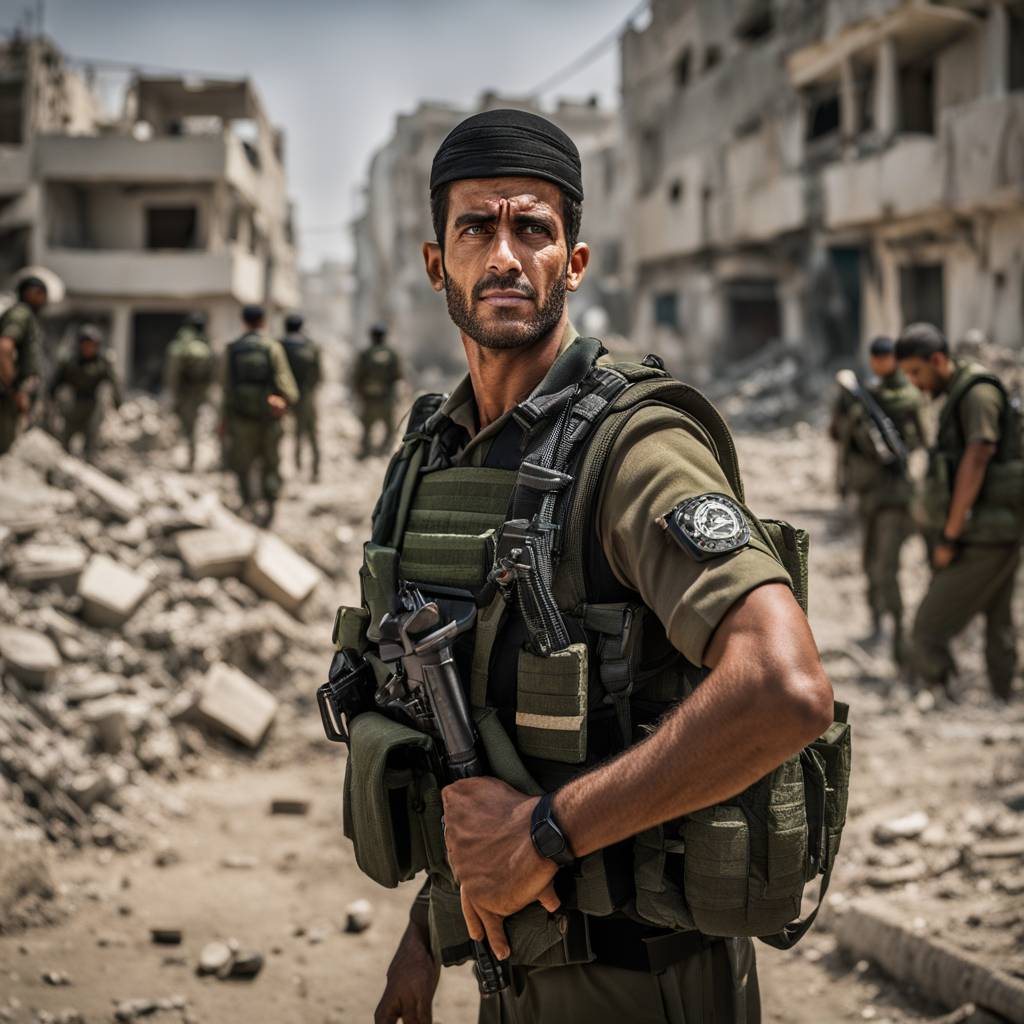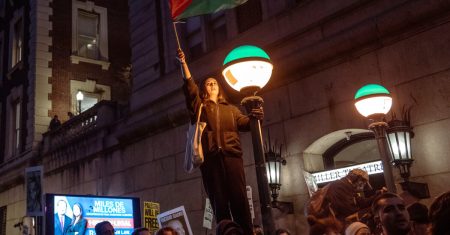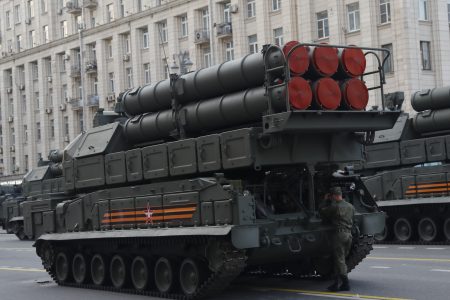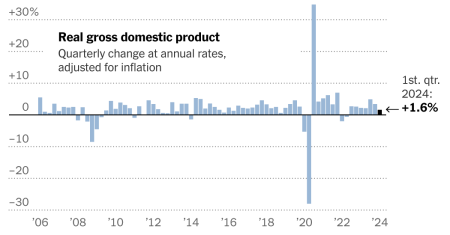The Israeli military recently withdrew from southern Gaza, leaving the region without active fighting for the first time since a brief truce with Hamas in November. Despite hopes that this withdrawal could lead to a new cease-fire, both Hamas and Israeli officials have indicated that the conflict is not yet over. Analysts believe that Israel will now focus on smaller-scale operations across Gaza to prevent Hamas from regaining strength, rather than launching a major ground assault into Rafah, Hamas’s last stronghold in southern Gaza. Israeli Prime Minister Benjamin Netanyahu stated that Israel is seeking “total victory over Hamas,” suggesting that further military action is imminent.
The drawdown of Israeli troops in Gaza began in January and has reduced the presence to less than 5,000 troops, down from approximately 50,000 at the height of the conflict. The remaining troops are mostly focused on guarding a buffer zone along the border and a land corridor dividing northern Gaza from the rest of the territory, which could potentially serve as a launchpad for future operations. While Israeli officials have portrayed the withdrawal as a strategic move designed to weaken Hamas, critics argue that Israel has not achieved its objectives in the conflict, leaving Hamas with the opportunity to regroup and re-emerge as a military force.
For Palestinians returning to their homes in southern Gaza, the devastation left by the conflict is overwhelming. Many have found their neighborhoods reduced to rubble, with families searching for loved ones among the wreckage. The destruction has led to widespread despair and uncertainty, with residents grappling with the loss of their homes and livelihoods. Concerns abound that Israel may launch further ground operations in Rafah, the last major stronghold of Hamas, once Ramadan concludes, further exacerbating the humanitarian crisis in the area.
The pressure is mounting on Israeli Prime Minister Benjamin Netanyahu to decide on the next steps in the conflict. While far-right members of his coalition are pushing for an operation in Rafah to thoroughly root out Hamas, there are international calls to avoid such a move to prevent civilian casualties. Efforts to negotiate a cease-fire and secure the release of hostages held by Hamas have been ongoing, but disagreements persist over key issues such as Hamas’s control in Gaza and the release of prisoners. The situation remains complex and fraught with challenges as both sides navigate the delicate balance of power and priorities in the conflict.
The withdrawal of Israeli troops from southern Gaza has left a power vacuum in the region, raising concerns about the potential for Hamas to regroup and regain strength. The devastation and loss experienced by residents in Gaza are profound, with many facing a bleak future as they try to rebuild their lives amidst the ruins. The conflict has exposed the deep-seated issues in the region, including the need for lasting solutions that address the root causes of the conflict. As negotiations continue and tensions remain high, the future of Gaza remains uncertain, with both hope and uncertainty hanging in the balance.















